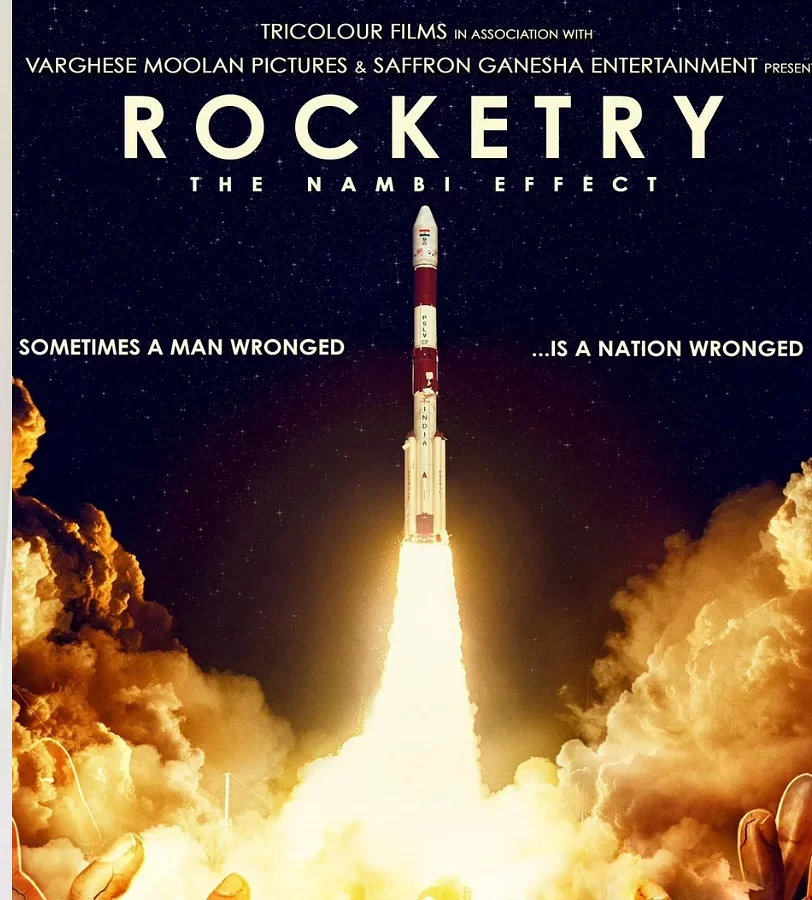Mumbai: The Writers Guild of America, West continues to take a strong stance on the principle of ‘net neutrality’ as necessary public policy to preserve internet freedom. Speaking on behalf of the Guild, three-time Emmy Award-winning writer-producer Steven Peterman testified in support of HR-5353, the Internet Freedom Preservation Act, at a US Representatives’ Subcommittee on Telecommunications and the Internet hearing.
A longtime member of the WGAW, Peterman is executive producer of The Disney Channel’s Emmy-nominated hit series Hannah Montana, whose other TV writing credits include Murphy Brown, Suddenly Susan, State of Grace, and Becker. His appearance before the House of Representatives marks the latest chapter in the WGAW’s ongoing efforts to back HR-5353 and promote net neutrality. WGAW President Patric M. Verrone appeared before the U.S. Senate’s Committee on Commerce, Science, and Transportation on 22 April to voice the Guild’s position in favor of the principle of net neutrality.
During his testimony, Peterman outlined the pervasive rise of media consolidation and vertical integration that has come to define the entertainment industry and impact creative artists: "When I began my writing career 20 years ago you could watch Roseanne, Cosby, Cheers, The Wonder Years, and the series on which I was lucky enough to be one of the original writers: Murphy Brown.
These shows were all considered smart, funny, sometimes touching and even thought provoking – and they were all made by independent production companies. Unfortunately, over the years since, those companies have disappeared. The unraveling of the financial interest and syndication rules, a process that began in 1992, has allowed for the greatest consolidation of media we have ever seen. Instead of a rich marketplace of ideas, today we have seven conglomerates controlling nearly all of the information and content we see," he told the Subcommittee.
Peterman continued, "Because this small group now acts as producer, studio and network, there has been an inevitable stifling of creativity and diversity, and because they maintain a chokehold over distribution, there has been nowhere else for the creative community to go. They have been the only game in town until the Internet came across. It is now abundantly clear that the Internet is the new television. Today you can watch episodes of almost any series you want, any time you want, on your computer or phone. Tomorrow, you’ll be downloading first-run movies. And we in the Writers Guild are determined not to repeat the ‘Old Media’ experience."
During his testimony, Peterman pointed to an important lesson from the WGA’s successful strike, "During our recent 100-day strike, many writers became interested in creating original content for the web…because, unlike the current studio system, the Internet makes it possible for content creators to retain both ownership and control of the quality of what they create. The Internet also provides the audience – the American public – with a virtually unlimited menu of news, information, and entertainment content from which to choose."
Peterman asserted that such increased new media opportunities depend on the equal access and flow of information protected by net neutrality, "In order for writers to reintroduce diversity back into media and entertainment, we must have a level playing field on an Internet without gate keepers; a system that is not at the mercy of those who control distribution, and who seek to leverage that control to create a fee system or, worse, as we currently experience, to own and control content."
Peterman made it clear that the WGAW’s whole-hearted support for net neutrality does not equal a tacit endorsement of online piracy, "The two bills on internet preservation that have been introduced during this session of Congress – Senate Bill 215, introduced by Senators Dorgan and Snowe, and HR 5353, introduced by Chairman Markey and Congressman Pickering – specifically reference the right of consumers to access lawful content. Piracy is and will remain illegal… But the solution is not establishing new rules that may prevent writers and other content creators from competing at all."
During his testimony before the Subcommittee, Peterman applauded FCC Chairman Kevin Martin for recent remarks upholding the Commission’s policy principles on network management, "I commend the FCC and Chairman Kevin Martin for their diligent work to hold ISPs accountable to the policy principles adopted by the Commission in 2005. ISPs should not have the unilateral authority to disable program applications or to block or discriminate against access to legal web sites, especially without appropriate transparency to consumers, content providers, and the general public. I also strongly support codifying these principles into the law of the land, as HR 5353 would do. Only with a federal law will we have the legal standing to demand that the internet remain the open and vibrant marketplace it is today."
For a complete transcript of Steven Peterman’s U.S. House of Representatives hearing testimony, please visit: PetermanTestimony.pdf.
The Writers Guild of America, West (WGAW) represents writers in the motion picture, broadcast, cable, and new media industries in both entertainment and news.




